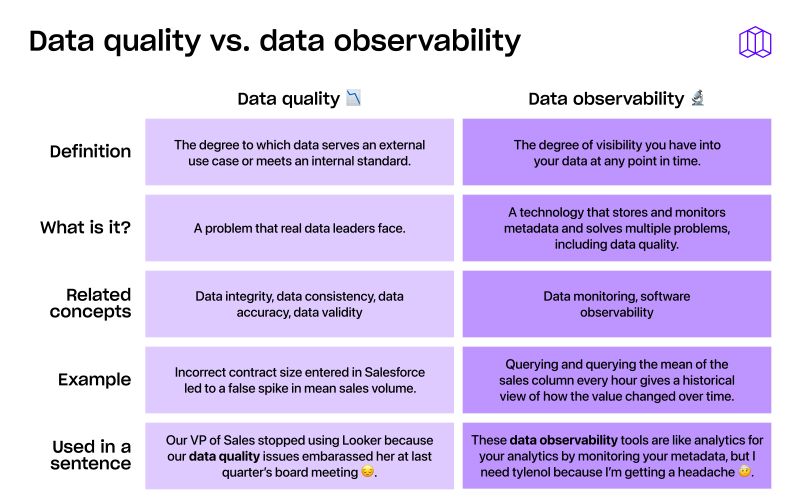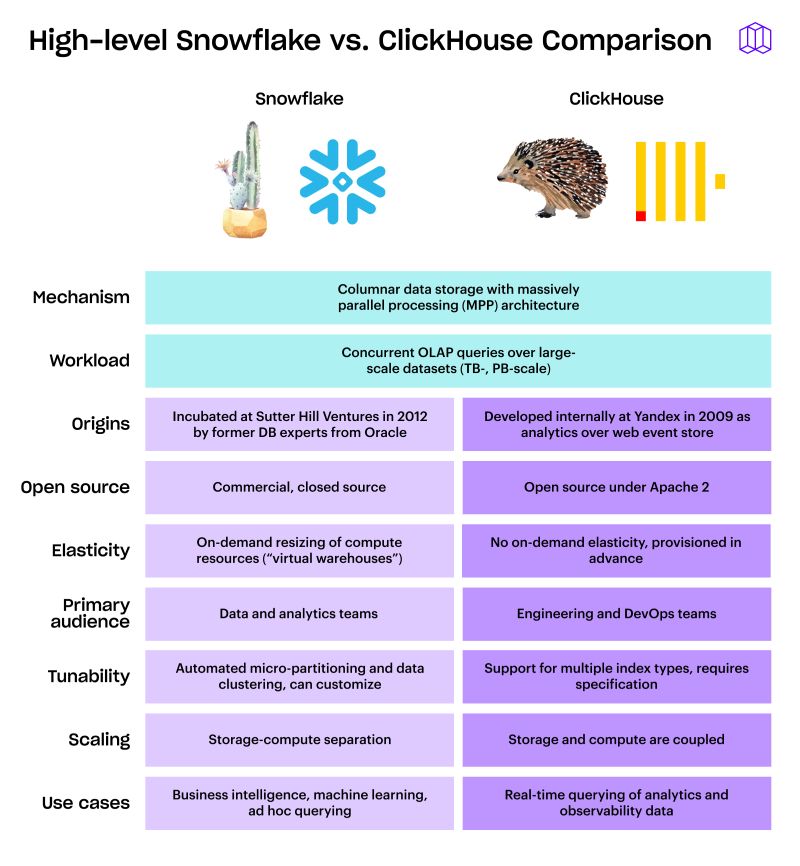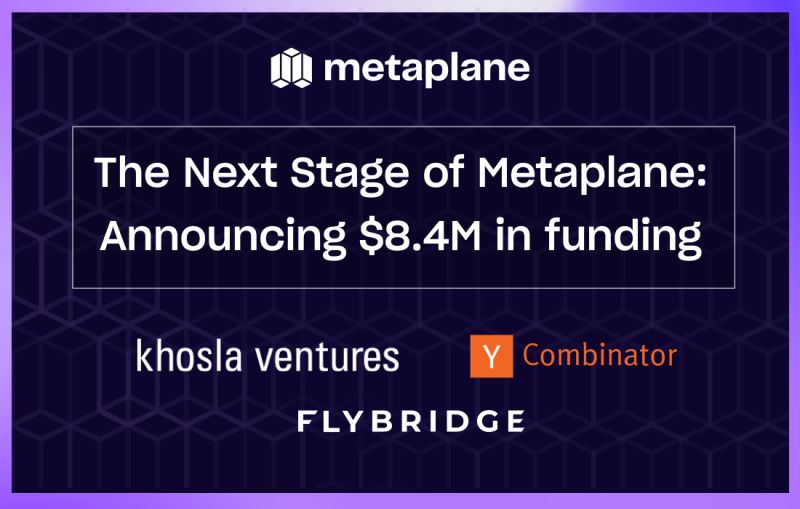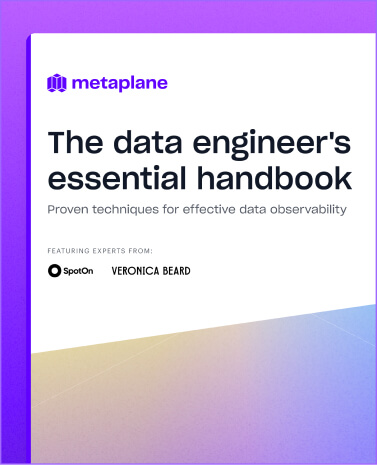Introducing Tags in Metaplane

It may not be much of a surprise to hear it, but we’ve found that data engineers tend to like their data well-organized. Tables are grouped into schemas. Schemas are arranged into databases. Models sit inside of projects. Everything tidy; everything in its place.
But sometimes these neat, tidy tables have meaningful things in common with other neat, tidy tables, even though those tables might be filed into another schema or database. Maybe they all power your marketing reporting. Or they’re the ones your software engineers want to know about when they break. Or they’re just really, really important to the functioning of your business.
That’s where tags come in. dbt users have long been able to add tags their dbt models to organize their data or trigger certain common actions. Today we’re excited to announce that dbt users’ tags will be pulled into Metaplane and displayed on the relevant table page. Furthermore, for each table that comes from a dbt model, Metaplane will now automatically add the dbt model tag for some extra context.

But that’s not where the tagging fun ends: you can now Metaplane-specific tags, too. This is great for users who don’t use dbt, or for those who want to add tags that might only be relevant in Metaplane.
Tags are obviously good for the simple task of organization, but they’re most powerful when you can do things based on an item’s tag. That’s why, for any tags in Metaplane, you can now set up alert routing based on those tags.

Let’s take a look at the examples above:
- Say you have a set of tables that power your marketing reporting. You could tag all of those tables as ‘marketing’, and then route any incidents relating to those tables straight to the data engineer who manages the marketing data.
- For the tables that your software engineers want to be notified about? Easy. Just tag them with ‘eng-notify’ and set up an alert that’ll go straight to the #engineering-team Slack channel anytime there’s an incident.
- And for the really, really important tables? You could tag those as ‘critical’ and set up a brand new Slack channel called #critical-data-alerts to make sure any related incidents don’t get lost amid the noise.
The possibilities are endless, and this is only our first step on the road to a robust, powerful tagging solution in Metaplane.
If you’re a Metaplane customer, you’ll find this feature ready to use in your account today. If you’re not? Sign up for your 14 day trial now (and continue on our free plan after).
Table of contents
Tags
...

...
















